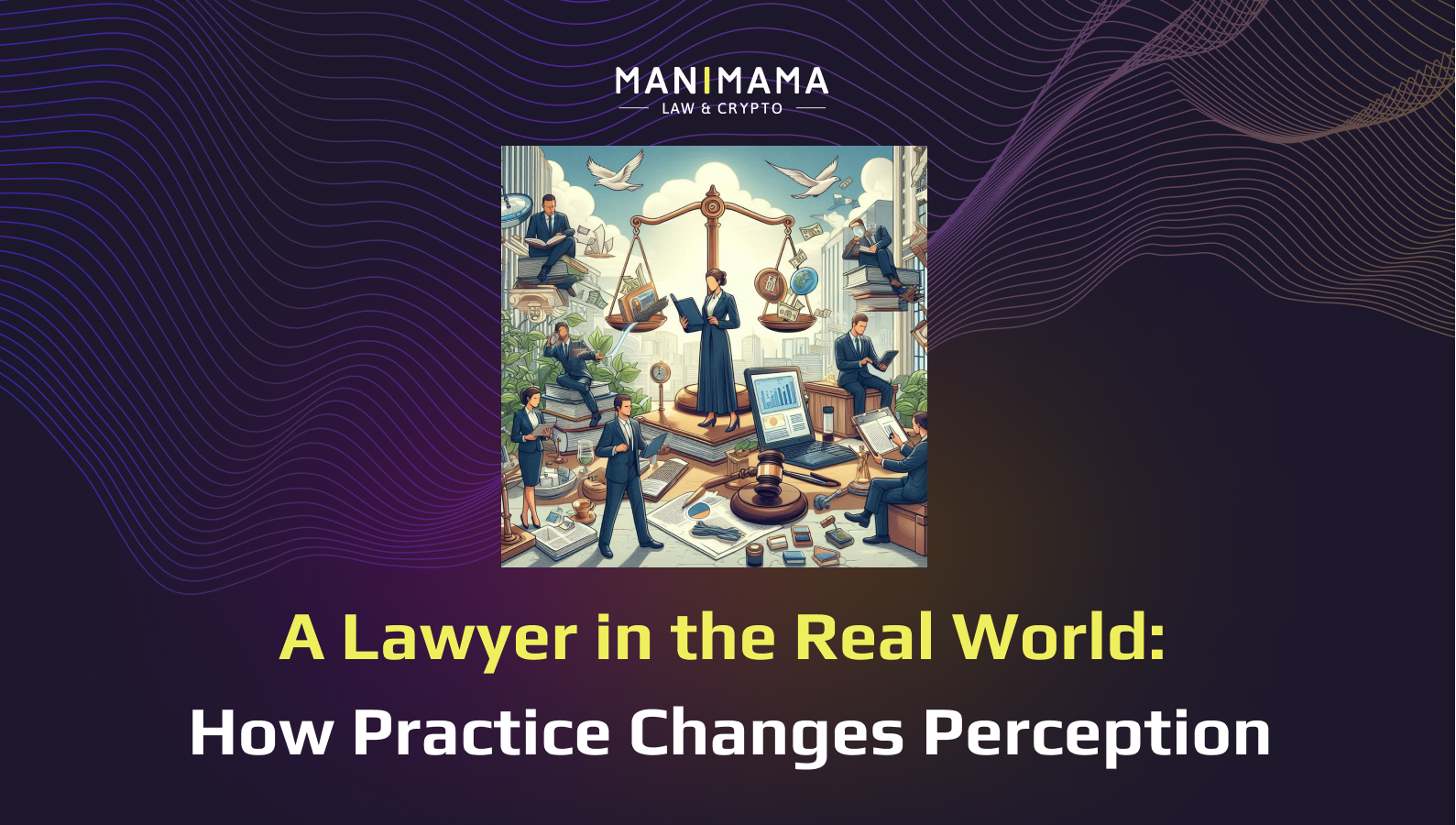The legal profession is often surrounded by myths. For some, it is about brilliant victories in court, where words become weapons; for others, it is endless paperwork, constantly evolving laws that change faster than one can turn a page, and unpredictable situations that defy standard procedures. But what happens when a lawyer, equipped with knowledge from university textbooks, steps into the real world?
Is legal practice truly as predictable as it is portrayed in lectures? Are there moments that fundamentally alter one's perception of the profession? And what proves to be more challenging—laws or the human factor? We asked legal professionals how their understanding of the profession evolved after handling real cases, and the answers varied. Some aspects met their expectations, while others turned out to be entirely different from what they had imagined.
When Perceptions of the Legal Profession Change: Real Stories from Lawyers
Legal practice is always more than just learning the law. What seemed clear during my student years often collided with the reality of handling the first real cases. Some discoveries come gradually—as experience allows you to see more nuances. Others happen suddenly—situations that completely reshape one’s understanding of the profession, forcing lawyers to step beyond conventional approaches and rethink their role.
“Being a lawyer is not just about laws, but about people”
Artem Shapoval, Senior Lawyer
“Before starting my career, I believed the core of legal work was knowing legislation and working with documents. Success, I thought, depended on how well you navigated legal provisions and how efficiently you could draft a contract or a lawsuit.
However, I quickly realized that this was only part of the profession. A lawyer really needs to understand the law and people—their needs, concerns, and expectations. The ability to listen and communicate effectively is sometimes more important than mastering legal nuances. A significant part of the job involves negotiations and finding compromises, as in many cases, the goal is not just to prove you are right but to reach the best possible outcome for all parties involved.
Another key aspect is information gathering. Cases that seem straightforward at first often reveal hidden complexities upon deeper investigation. This is something university doesn’t teach—but in practice, it’s essential.”
“Understanding the law is not enough—you must be able to explain it”
Taras Kaliandruk, Lawyer
“My experience did not drastically change my perception of the profession, but it did adjust it. At university, we were taught to understand how law functions, grasp legal principles, and navigate legal frameworks. That is, of course, crucial. However, there is a difference between understanding the law and explaining it in a way that helps a client make an informed decision.
Once I started working, I realized that a lawyer must possess knowledge and be able to convey it clearly and concisely. Many people struggle to comprehend complex legal matters, and our role is to provide them with information and help them understand their options.
This became one of the biggest challenges in my career. You can be an excellent legal expert, but if you cannot explain the essence of the law to the person seeking your help, your expertise loses its value.”
Reality vs. Expectations: What Turned Out to Be Harder, and What Was Easier?
Before starting their careers, most people envision legal practice as a structured and logical application of legal norms. However, the first few months on the job often turn this perception upside down. What seemed like the biggest challenge may be routine and straightforward, while unexpected aspects suddenly take center stage.
“A lawyer must think faster than the situation changes”
Artem Shapoval, Senior Lawyer
“At university, we were taught to analyze laws thoroughly, draft detailed legal documents, and delve deep into legal norms. But what was often overlooked? Speed.
In practice, decisions often have to be made under extreme time constraints, as business processes evolve rapidly. There is not always the luxury of extensive analysis—one must balance in-depth legal assessment and quick decision-making.
Another crucial aspect rarely emphasized in legal education is strategic thinking. A lawyer does not simply apply the law to a given situation but must anticipate potential risks in the future. This requires legal knowledge and an understanding of a company’s business model, market trends, and even geopolitical factors. For me, this was one of the most significant realizations in the profession.”
“Law is a highly in-demand profession”
Taras Kaliandruk, Lawyer
“Before graduating, I often heard from senior colleagues that finding a job in the legal field would be difficult. Law has long been one of the most popular choices among students, and it seemed that the job market was oversaturated.
However, when I started job hunting, I realized concerns were exaggerated. Perhaps some people struggled, but in my view, the issue was not the number of vacancies but how people searched for opportunities.
The legal market is vast, and if you are persistent, eager to learn, and ready to work, you can secure a position fairly quickly. This is especially true if you actively seek internships, gain practical experience during your studies, or genuinely engage with the field you want to work in.”
In conclusion
The reality of legal work always differs from the expectations formed during education. Sometimes, decisions must be made faster than anticipated; other times, skills that were never considered essential suddenly become crucial. But above all, law is not just about statutes and regulations—it is about communication, strategy, and adaptability.
Every lawyer navigates this path in their way, but the foundation of success remains the same: a willingness to learn, the ability to stay flexible, and the courage to face new challenges.
We are grateful for your attention and invite you to further communication. Our mission is to help you realize your most ambitious projects, and we are always ready to assist you every step of the way. Stay with us and see you soon in the next articles!
Our contacts
If you want to become our client or partner, feel free to contact us at support@manimama.eu.
Or use our telegram @manimama_sales and we will respond to your inquiry.
We also invite you to visit our website: https://manimama.eu/.
Join our Telegram to receive news in a convenient way: Manimama Legal Channel











